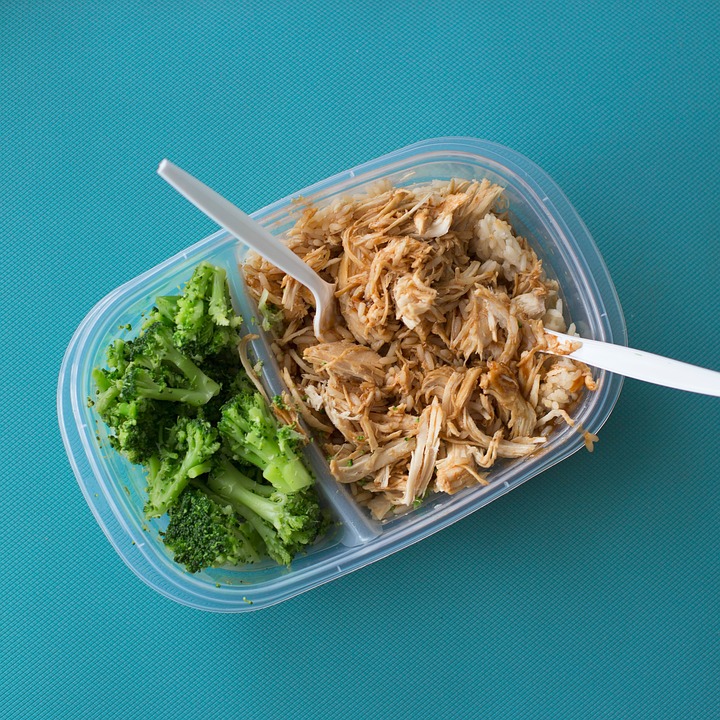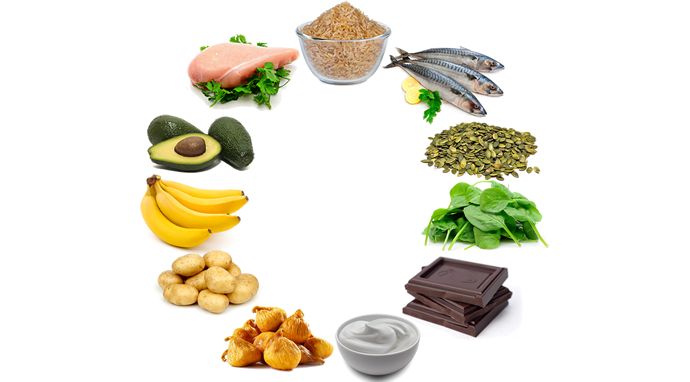Nutrition is the science which interprets the various nutrients and elements in food according to health, growth, development, reproduction and maintenance of organisms. It includes absorption, assimilation, metabolism, metabolic and exocytosis. Nutritional science deals with the study of food and nutrition in animals and humans. It aims at providing a complete nutritional support to the animal or human, which involves quality and balance of nutrients.
Nutrition includes the study of diet, which concerns the study of foods and their components, their effects on living tissues, their effect on growth and development, their role in immunity, their effects on daily activities and their contribution to the quality and content of life. The study of nutrition helps in developing and managing the total health of an individual. It also involves assessment, modification and regulation of the use of nutrition in daily activities. Many people prefer to consult a Nutritional Therapist to keep track of these things and figure out a diet plan that best suits their bodily constitution.
The basic functions of all living things are related to nutrition. Almost all the living cells including humans need nutrition. The functions of nutrition in various systems include: maintenance of the health of the tissues; development of the various organs; repair of tissues; development of the nervous system; formation and growth of the various tissues in the body; absorption of substances into the body; utilization of the substances for growth, maintenance and repair of the body. Some of the other systems which are concerned with nutrition are: animal digestion, glycolysis, aerobic metabolism, genoplasmic metabolism, prokaryotic metabolism, demicidin metabolism, photochemical metabolism, transcriptase metabolism and photosynthetic metabolism. Every living cell has an enzyme which is involved in the activity of almost all the systems mentioned above. Enzymes are catalysts that convert the useful substances into active substances.
As described above, there are five major categories of nutrition. These include elementary, secondary, primary, development, central America and the developing areas. In the central America and the developing areas, most of the nutrition is obtained from foods derived from the plant families mentioned.
The four main groups of nutrition are dietary nutrition, nutritional, physiological and technology. Dietary nutrition is concerned with feeding the individual according to his needs and the availability of the foods. Nutritional nutrition is usually balanced and contains the essential substances for the overall health of the person. On the other hand, nutraceutical and technology incorporate chemicals and other forms of nutrients in order to support the overall health of the individual. Health is the aim of both the types of nutrition.
Besides the four groups of nutrition, there are also two concepts that describe nutrition more clearly. These concepts are energy balance and food composition. Energy balance describes the relationship between caloric intake and energy output or the amount of calories needed for the body to perform at its best. Food composition describes the proportion of different nutrients found in the different foods. Having a proper food composition helps to achieve the energy balance and is therefore an important aspect of healthy eating.
Another concept that describes nutrition better is heterotrophic nutrition. This concept emphasizes on the synthesis of proteins by living cells. Heterotrophic nutrition emphasizes the importance of proteins in order to promote a growth and repair of tissues and cells. In addition, heterotrophic nutrition emphasizes the need of plants to obtain carbon dioxide. Carbon dioxide is essential for photosynthesis of carbohydrates, whereas plant respiration requires oxygen.
A more recent classification of foods according to their requirements for energy production is the trophophilic (e.g., leafy green vegetables) and protozoan (e.g., beans). Trophophilic foods are abundant in terms of their photosynthetic ability, whereas protozoan foods are abundant in terms of their lack of photosynthesis. The trophophilic category also includes animal products such as milk, cheese, eggs, meat, fish, soy products and fruits such as oranges, apples, berries and water.





